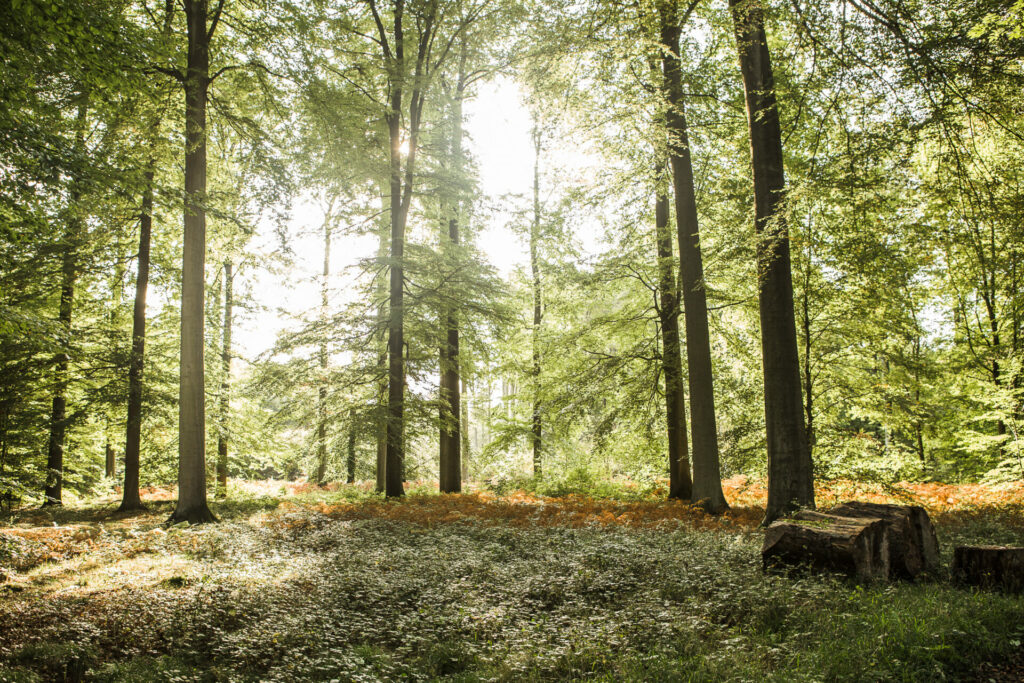Carcasses of wild animals were found in Brussels' Sonian Forest and the Elisabeth Park in the municipality of Koekelberg early this year, Environment Brussels reported on Wednesday.
While poaching is rare in Belgium, the Environment Brussels is concerned as it poses a health risk to humans. Hunting is prohibited across the Brussels-Capital Region and is punishable by a fine of between €50 and €62,500.
In January, a forest warden discovered remains of the carcasses of two wild boars on the edge of the Sonian Forest in Watermael-Boitsfort. "The warden had not seen that in 20 years," Pascale Hourman, spokesperson for Environment Brussels, told Belga News Agency. "Presumably traps were set and the wild boars were dismembered on the spot."
A few weeks later, parts of roe deer and wild boar were left behind in Elisabeth Park in Koekelberg, though these are not believed to have been killed in the area. The carcasses were examined by a laboratory. While the results were negative for certain key pathogens, Brussels Environment warned that the practice of poaching can pose severe risks to public health.
Related News
- 'Barbaric acts': Trial underway for beaver killings in Wallonia
- Stolen for eating or breeding: Disappearance of Brussels swans probably unnatural
- Environment Minister confirms reports of illegal poaching in Belgium
Wild animals can transmit pathogens (including African swine fever or classical swine fever) to humans. Eating potentially contaminated meat can also cause diseases such as trichinellosis or tuberculosis.
Hourman also stressed that hunting is prohibited in the Brussels-Capital Region with perpetrators risking substantial fines.
Environment Brussels warned the public not to touch dead wild animals and to report any discovery at info@environnement.brussels or 02/775.75.75.

